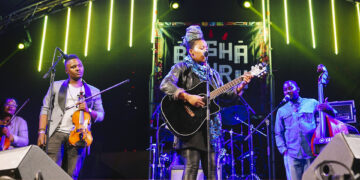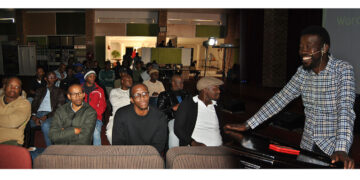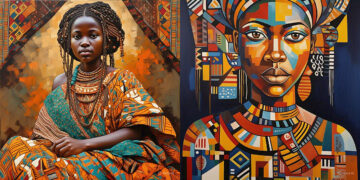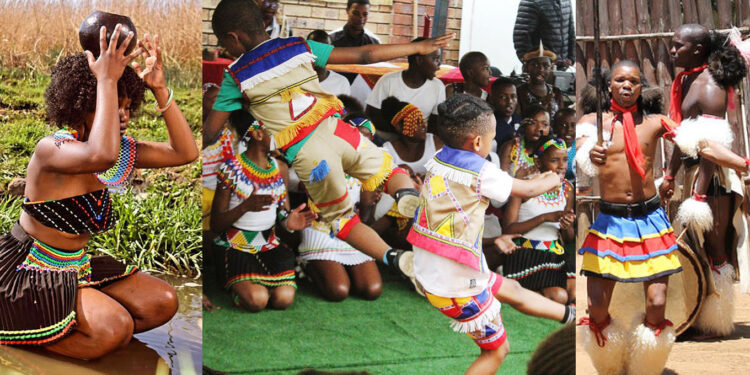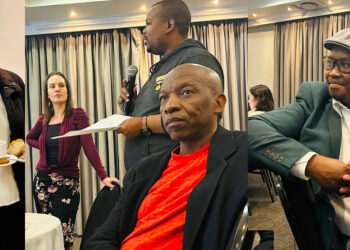South Africa, often referred to as the “Rainbow Nation,” is a term coined by Archbishop Desmond Tutu to celebrate its rich tapestry of cultures and diverse population. Heritage Day provides South Africans with a unique opportunity to embrace their cultural heritage, share customs and languages, and foster a profound sense of belonging.
Thabo Malinga expresses that Heritage Day holds deep significance for him, as it celebrates the country’s multitude of cultures and traditions. He has observed that over the years, the day has evolved to become more inclusive, placing greater emphasis on showcasing South Africa’s diverse cultural expressions. Malinga believes that Heritage Day fosters national unity by providing a platform for individuals to come together in celebration of their shared heritage. He advocates for broader recognition of struggle heroes and heroines, such as Nelson Mandela and Winnie Madikizela-Mandela, emphasizing that their stories should be more widely shared during this important occasion.
For Nonjabulo Madonsela, Heritage Day serves as a moment to reflect on the shared history and struggles that have shaped the nation. She highlights how the day encourages cross-cultural understanding and appreciation. Madonsela recommends attending local cultural festivals and events, such as the Cape Town International Jazz Festival, to fully engage with the spirit of Heritage Day. She underscores the importance of cultural traditions like music and dance, noting how the vibrant rhythms of Afrobeat and the graceful movements of traditional dance contribute significantly to the rich tapestry of heritage.
Dineo Taele, a proud Setswana speaker, shares that Heritage Day offers her an opportunity to honor her culture and delve into her traditions, customs, and history. She has noticed that Tswana culture is often expressed through music. Taele emphasizes the Kgalagadi Cultural Festival held at the Sechele cultural site is a must-attend event this Heritage Day, advocating for the wider sharing of stories like that of Kgosi Sechele during this significant time.
Iconic historical sites, monuments, and landmarks—such as Robben Island, the Apartheid Museum, and the Pyramids of Giza—hold immense importance in preserving our heritage. These sites serve as powerful reminders of our past, symbols of resilience, and testaments to community strength and determination.
However, preserving heritage can be fraught with challenges. Communities often face issues like cultural erosion, historical distortion, and the loss of traditional skills and knowledge. Despite these obstacles, there have been notable successes in promoting and protecting heritage. The establishment of heritage centres, museums, and cultural festivals has played a vital role in celebrating our rich history. Educational institutions also contribute significantly by incorporating cultural education into their curricula.
Heritage Day is more than just a public holiday; it is an opportunity to celebrate South Africa’s collective identity. It encourages individuals to honour their past while embracing the future. As we celebrate Heritage Day, let us remember that our diverse heritages are what make us stronger together. The significance of this day extends beyond cultural practices and historical events; it influences our daily lives and shapes our collective identity. Therefore, it is essential to preserve and celebrate our heritage to ensure its continued relevance and impact for generations to come.
Thulisa Nyathi
Soweto Sunrise News




